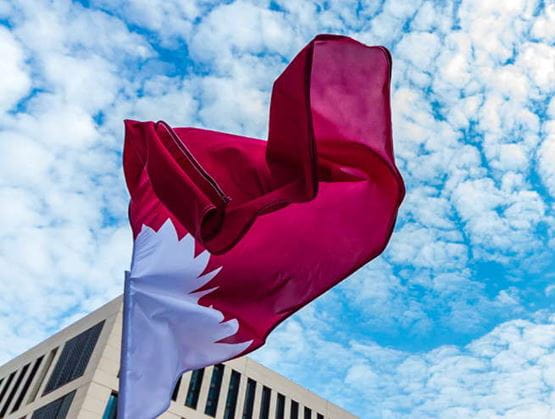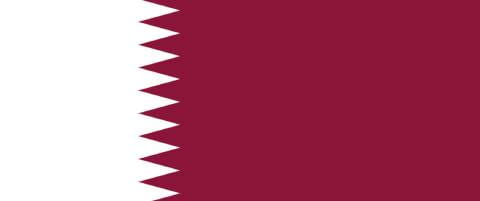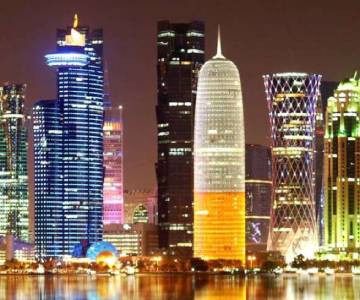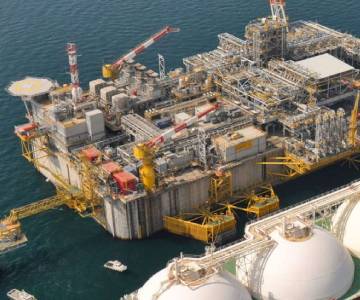Qatar
- Official name: State of Qatar
- Political system: Constitutional Monarchy (Emirate)
- Emir: Sheikh Tamim bin Hamad Al Thani
- Prime Minister: Mohammed bin Abdulrahman bin Jassim AL THANI
- Capital: Doha (or Al Dawha)
- Main cities: Al Wakrah, Al Khawr, Ar-Rayyan, Umm Salal
- Population: 2,716,000 inhabitants (2023) – Qatari
- Official language: Arabic
- Currency: Riyal (QR)
- Qatar’s independence date: 3 September 1971

History of Qatar
Qatar’s history is closely linked to the history of the Gulf region and the Arabian Peninsula, which were strategic positions to control the trade routes to India and Far East. After experiencing Persian domination for centuries, Qatar fell briefly under the Portuguese in 1515 before the Ottomans’ conquest. The Ottomans intermittently seized the country until the beginning of the World War I.
The AL KHALIFA family ruled the Qatari peninsula from 1783 after extending their area of authority from Bahrain. But there was a popular sentiment of resentment against the AL KHALIFA. A massive naval attack was launched in 1867 by the ruling family in an effort to crush the Qatari rebels. This Qatari–Bahraini War led to a peace treaty (with British mediation) that recognized the explicit distinctness of Qatar from Bahrain, and the AL THANI Family coming to power. Qatar became officially a British protectorate in 1916 after the collapse of the Ottoman Empire during World War I.
The sphere of influence of the British Empire started diminishing after World War II, particularly after the Independence of India and Pakistan in 1947. The British accepted Kuwait’s independence in 1961 and announced 7 years later that they would quickly politically disengage from the Persian Gulf.
Qatar, Bahrain and seven other countries created a federation but regional disputes compelled Qatar to declare in 1971 its independence from the coalition (that would become the United Arab Emirates). Qatar became an independent, sovereign state and a member of the United Nations.
In 2013, Sheikh Hamad bin Khalifa AL THANI abdicated to give power to his son the Emir Sheikh Tamim Bin Hamad AL THANI. Under Emir Hamad bin Khalifa AL THANI , Qatar has experienced numerous liberal, social and political reforms, including the endorsement of women’s suffrage or right to vote. A new constitution has been adopted for the country and the TV network Al Jazeera has been launched, which played a significant role in raising awareness of the country.
Qatar was the subject of a diplomatic and economic embargo since June 2017 by Saudi Arabia, the United Arab Emirates, Bahrain and Egypt. But the country succeeded in adjusting its national & international strategies and its economy remains strong. The diplomatic crisis ended in January 2021.

Flag of Qatar
The Flag of Qatar « Al-Adaam » was adopted on the 9 July 1971. It has an unusual ratio of 11:28 where the width is more than twice the height.
Qatar’s historic flag was plain red under the British domination. Because of the sun, the color went darker. Qatar adopted this maroon-purple coloring which symbolises the blood shed during the several wars that Qatar has undergone, particularly the Qatari–Bahraini War. A white band on the hoist side has been added to embody peace, separated from the maroon area by nine white triangles which act as a serrated line. The nine points indicate Qatar as the 9th member of the « Reconciled Emirates » of the Gulf, after the Qatari-British treaty of 1916.



